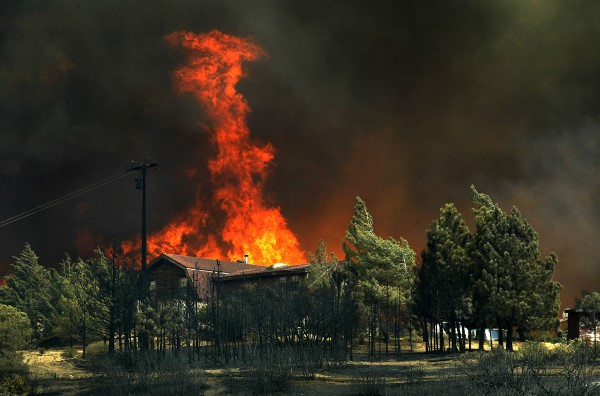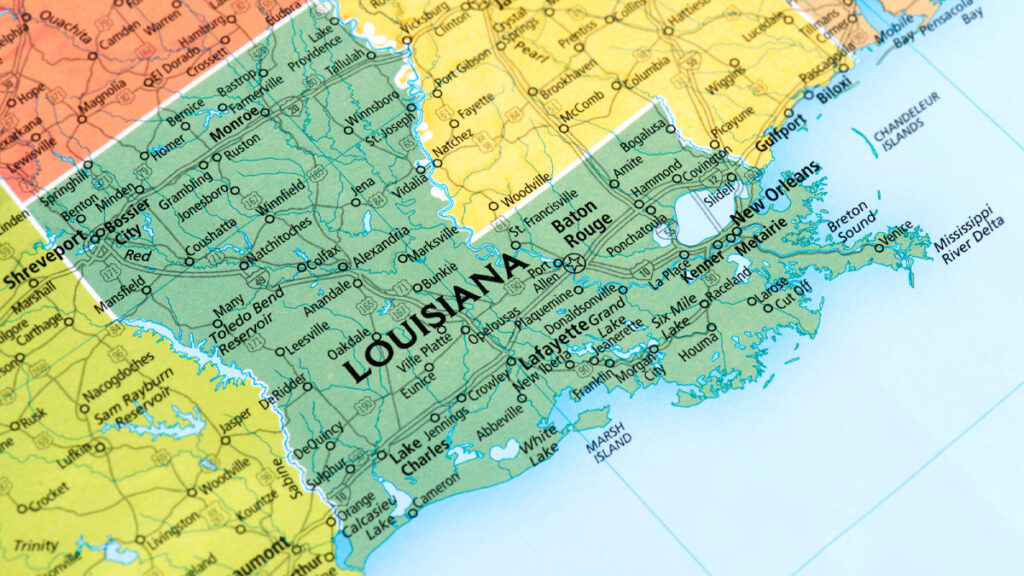
In an eblast to members and other stakeholders, Triple-I highlighted the growing need for tort reform in Georgia and the expanding movement in Florida threatening to undo the positive 2022 and 2023 reforms that have stabilized the Sunshine State’s insurance market and driven down prices for consumers and business owners.
March 24 marks two years since Florida Gov. Ron DeSantis signed HB 837, the second of two impactful tort reform bills tackling Florida’s lawsuit crisis that pushed the insurance market to the edge. According to National Association of Insurance Commissioners data, Florida accounted for just over 8% of U.S. homeowners insurance claims, but more than 76% of U.S. property claim lawsuits in 2019 before critical reforms were enacted. All of which is proof of a system in disarray.
A recent commentary written by Jerry Theodorou, director of the Finance, Insurance and Trade Policy Program at R Street Institute, highlighted vast improvements in Florida’s property insurance market due to legislative reform:
- Lawsuit filings dropped by 40% year-over-year.
- Average home insurance premiums have decreased 5.6%.
- 11 new property insurers entered the market.
Despite these clear signs of progress, a misguided Florida House investigation, which began last week, has been fueling misleading narratives about tort reform, just as Georgia lawmakers are considering critical legal system reforms in the Peach State.
Critics in Florida claim insurers illegally diverted funds to managing general agents and affiliates while dismissing the well-documented role of lawsuit abuse in driving up costs. This was based on a draft report about the financial operations of Florida insurers that the Florida Office of Insurance Regulation chose not to distribute because it was misleading.
This same rhetoric is now infiltrating the Georgia Capitol in Atlanta, where some are arguing that Florida lawmakers were duped into passing reforms in 2022 and 2023. In truth, Florida’s risk crisis stems from rampant legal system abuse, a factor that has increased insurance premiums for everyone.
Even with the distorted narrative trial lawyers are inflicting on Florida lawmakers, Gov. DeSantis stated he would not support any legislation that would increase lawsuits against insurers. A recent opinion piece written by Florida insurance agent Allen McGinniss further highlights the reality of the Florida insurance market, explaining that the false narrative —that the insurance industry, not lawsuit abuse, is driving high costs for consumers “is not just inaccurate — it’s reckless.”
In Georgia, the negative rhetoric coming from neighboring Florida must not delay progress that has already been made in the 2025 General Assembly to put an end to legal system abuse in the Peach State.
Tort reform is essential to curbing lawsuit abuse, stabilizing markets, and protecting businesses and consumers in Georgia. Lawmakers cannot fall for the same tactics the trial bar in Florida designed to stall much-needed legal system reforms for many years. Following passage by the Georgia Senate, the House must act now to pass these crucial tort reform bills and send them to Georgia Gov. Brian Kemp’s desk to sign into law.
Both Florida and Georgia are at a pivotal moment in civil justice reform. Legal system abuse has generated increased insurance costs in both states, fueling social inflation and placing a heavier financial burden on families and business owners. The stakes are too high to let trial lawyers and bad actors manipulate legislators into reversing progress or blocking much-needed reforms.
Florida lawmakers must stay the course to ensure the successful legal reforms over the past few years remain intact, while Georgia legislators must seize this opportunity to pass meaningful legal system changes. These actions are essential to decreasing lawsuit abuse, stabilizing insurance markets, and protecting consumers and businesses from rising costs.
Go deeper:
- For more in-depth analysis on legal system abuse and social inflation, visit Triple-I’s knowledge hub and StopLegalSystemAbuse.org microsite.
- Discover more about the impact of legal system abuse in Florida and Georgia by reading Triple-I’s latest Florida and Georgia Issues Briefs.



